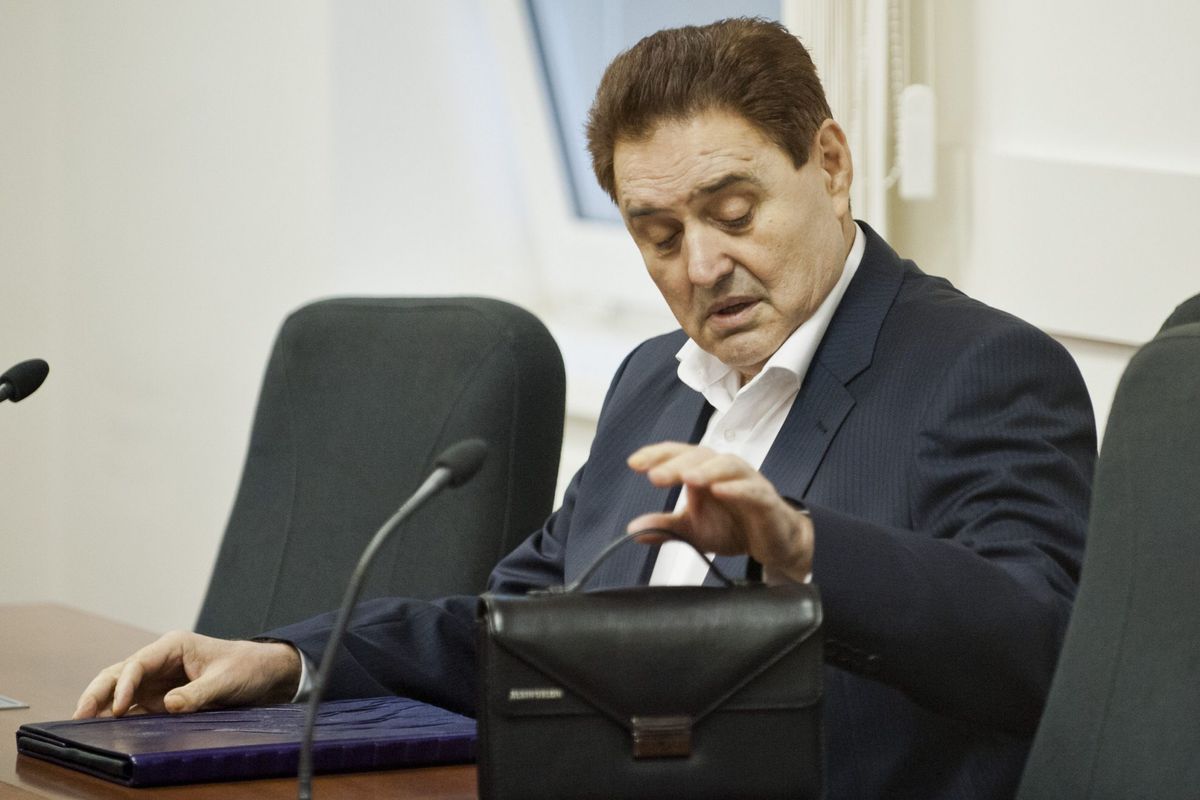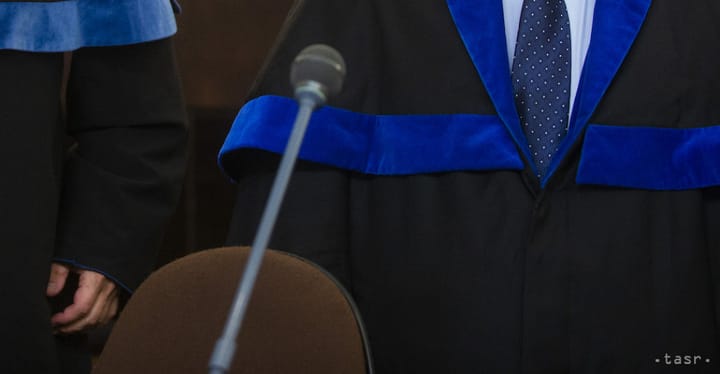Supreme Court Rejects Majsky's Appeal against Nine-year Sentence

Bratislava, July 29 (TASR) – A senate of the Supreme Court on Wednesday rejected businessman Jozef Majsky’s appeal against a nine-year sentence for fraud concerning the bankruptcy of non-banking institutions Horizont Slovakia and BMG Invest, which robbed many Slovaks of their savings early in the millennium.
The trial at the Supreme Court took place in Majsky’s absence, as he’s still in the Czech Republic and didn’t excuse himself from attending.
Majsky was detained in hospital in June by the Czech police based on an international warrant. The relevant court in the Czech Republic within a few days ruled that Majsky wouldn’t be remanded in custody, however. The Czech authorities are now deciding whether to extradite him to Slovakia.
Prosecutor of the Special Prosecutor’s Office Jan Santa after the trial said that he isn’t afraid that the Majsky won’t serve his nine-year sentence.
Santa said that he expects that Majsky’s defence will use some extraordinary appeal, but he isn’t worried that the sentence, now valid, will be reversed.
“We have a stance from the General Directorate of the Prison and Justice Guards stating that the defendant isn’t suffering from a disease that would prevent him from embarking on the prison sentence. Meanwhile, his diseases are considered treatable even in prison,” said Santa, who noted that he’s been busy with this case for a large part of his life since he filed the indictment in 2004.
“It was a process with mega-obstructions. We had to overcome hundreds of obstacles and perform thousands of moves,” said Santa after the trial.
Meanwhile, Majsky’s lawyer Peter Filip described the trial as unlawful, stressing that he’ll use all means to reverse the result.
Filip said that he can’t imagine the 74-year-old Majsky as an ill person serving a prison sentence.
Noting that Majsky has already been released from hospital, Santa conceded that he could serve his sentence in the Czech Republic.
Non-banking institutions Horizont Slovakia and BMG Invest in the late 1990s and early 2000s extracted €2 billion from hundreds of thousands of Slovaks, promising them fabulous returns on their deposits. Then finance minister Brigita Schmoegnerova in 2000 warned the public that non-banking institutions weren’t under any supervision by the financial authorities, and so it was “extremely risky” to entrust them with any money. Both institutions suddenly announced that they had gone bankrupt in 2002, with many people losing their life savings as a result.
The main governing party OLaNO welcomed the verdict of the Supreme Court. “Customers [of the non-banking institutions] who were damaged have finally waited to see it,” reads a statement sent to TASR by Martin Kaluzak from OLaNO’s media communication team.
“It’s necessary to establish justice also partly because of the fact that the police, prosecutors’ offices and judiciary were controlled for years by people in the service of the mafias instead of the public and law,” reads the statement, stressing that the Government is gradually purifying the judiciary and public life, so that such cases don’t occur again.
Such cases as the lengthy, much obstructed trial against Majsky mustn’t recur, as this case indicates “arrogance, corruption and a huge failure of the rule of law in Slovakia”, stated Deputy Prime Minister Veronika Remisova (For the People) on the same day.
“Majsky had been avoiding justice by all means made available to him by the system,” Remisova wrote on Facebook, adding that he was finally sentenced after a 17-year-long process.
Meanwhile, co-governing party Freedom and Solidarity (SaS) reacted to the verdict by stating that “justice also catches up with those who used to be protected animals by a certain government in the past”.



